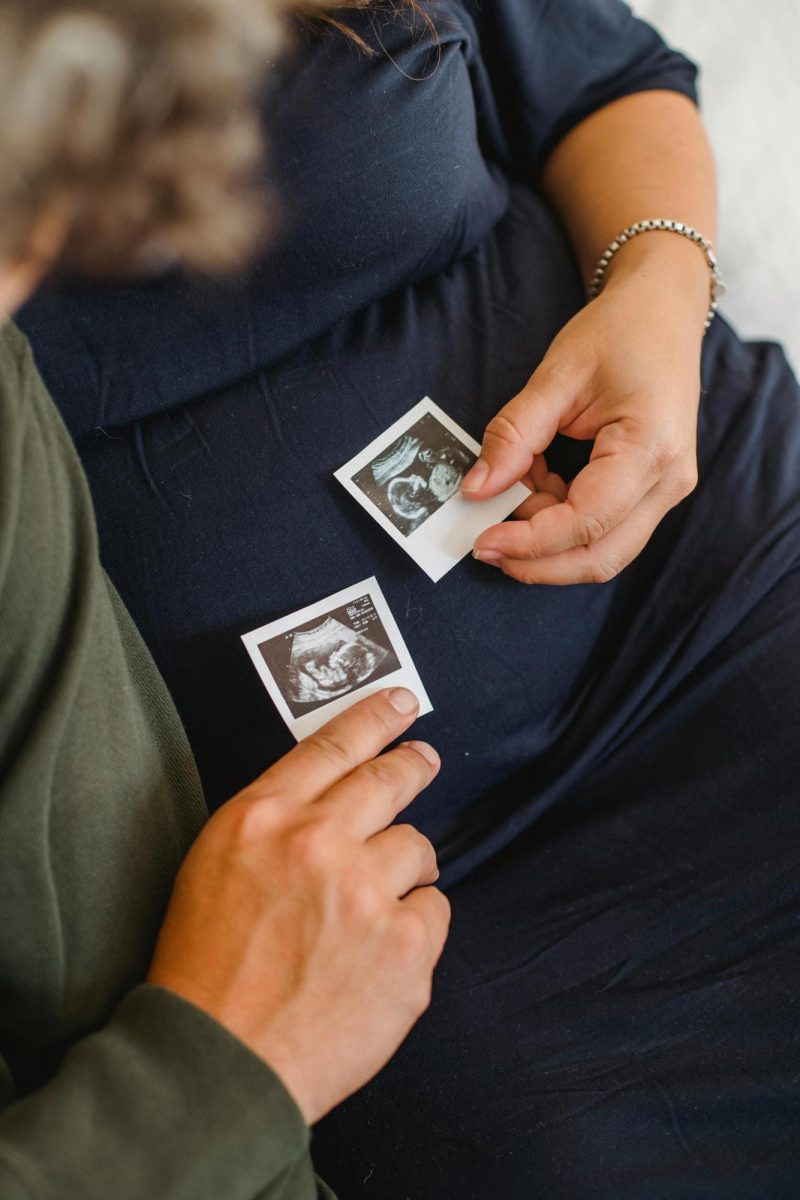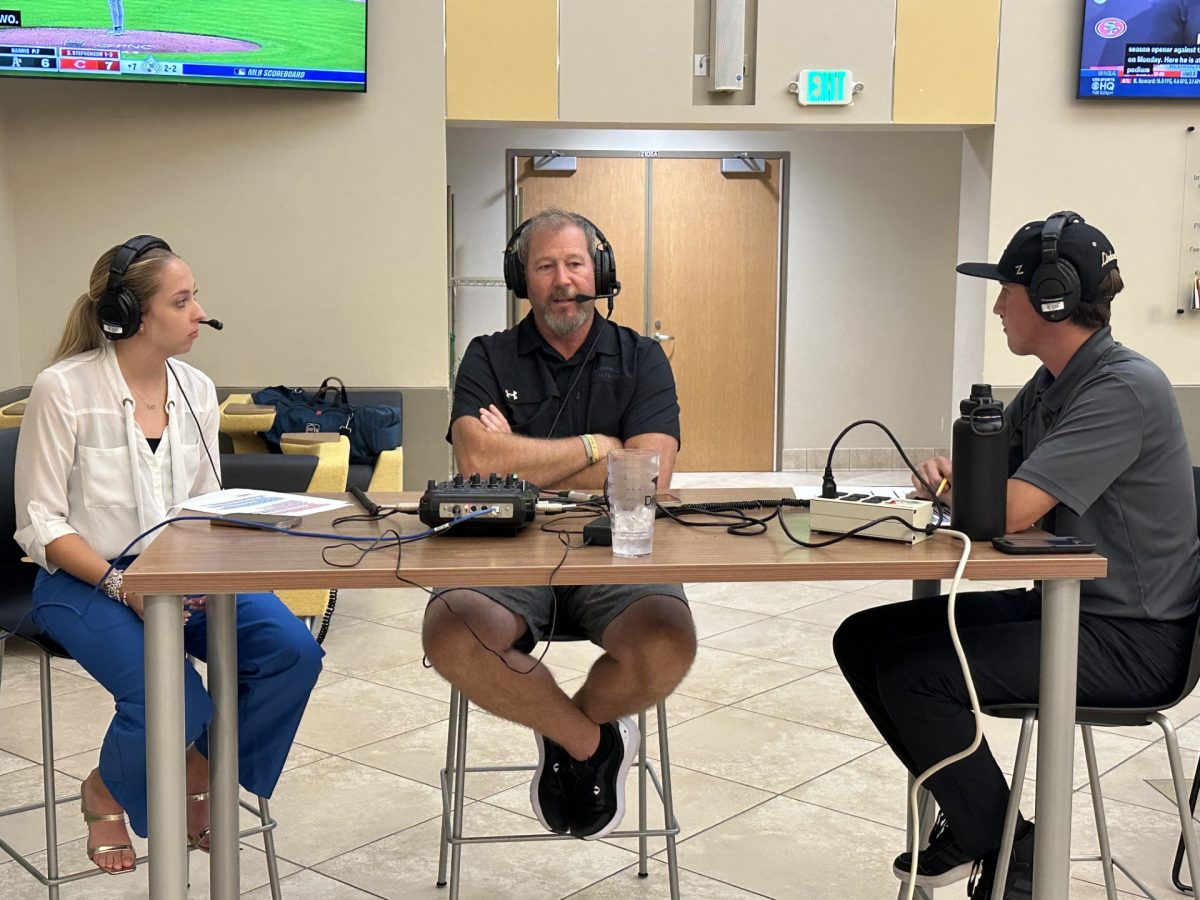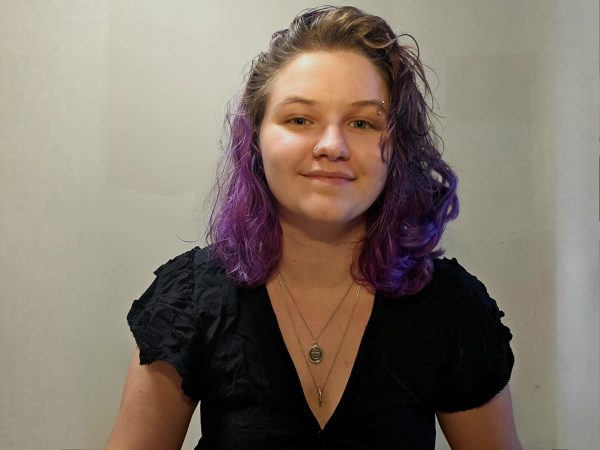After the Alabama State Supreme Court granted personhood to unfertilized embryos, many clinics have halted all In Vitro Fertilization (IVF) services.
On Feb. 16, 2024, the AL Supreme Court ruled that unfertilized embryos would have the rights of a person. This led to concerns over lawsuits against clinics that dispose of extra frozen embryos. Providers of IVF treatments such as Alabama Fertility and the University of Alabama at Birmingham’s Division of Reproductive Endocrinology and Infertility canceled all IVF appointments directly after this decision.
In response to the fallout, President Biden said in a personal statement on Feb. 22 that “Alabama put access to some fertility treatments at risk for families who are desperately trying to get pregnant. The disregard for women’s ability to make these decisions for themselves and their families is outrageous and unacceptable.”
Doctors and medical professionals who provide IVF treatments know that part of the process includes unused embryos. The normal procedure includes these embryos being disposed of once the couple, or individual, achieves the intended results. With the new protections for embryos, there is a risk for any IVF provider or facility being charged with death or damage to embryos.
To combat the closing of IVF facilities, the House and Senate of AL introduced new bills protecting IVF provider’s rights as of Feb. 27.
The House Bill, known as HB 237, will “provide civil and criminal immunity for death or damage to an embryo to any individual or entity when providing or receiving goods or services related to [IVF].” This means that within the state of AL, doctors involved in the IVF process now have legal protections against lawsuits from clients.
Some proposed amendments would have stipulated that if harm came to the embryos intentionally the protection would cease. However, these added stipulations were set aside. The sponsor for the bill, Representative Terri Collins, hoped to help clinics and medical providers begin offering IVF services again with these protections.
The Senate bill, known as SB 160, was sponsored by Senator Larry Stutts but did not make its way to the Senate floor. While it has not passed, the bill would provide “immunity to persons following commonly accepted practices of providing in vitro fertilization services.”
With these new bills in place, IVF providers are encouraged to resume IVF services. However, republican representatives like Ernie Yarbrough of Trinity have “proposed an amendment on the bill that would prohibit clinics from intentionally discarding embryos that are unused or after genetic testing.” According to NPR, This means that HB 237 is still being countered with other legislation.
The White House statement on the topic states the “urgency around [Biden’s] call for Congress to restore the protections of Roe v. Wade into federal law to ensure that every woman in this country has the freedom to make the decision to have a child, as a matter of basic reproductive freedom.”









